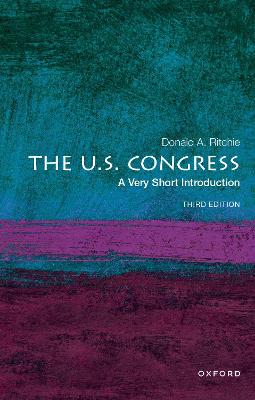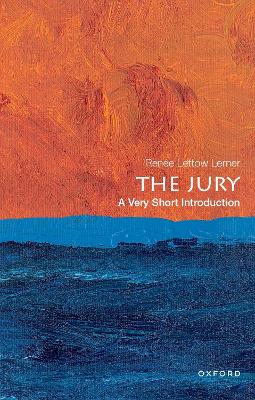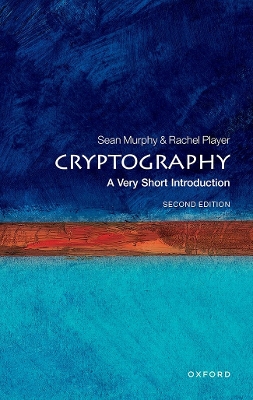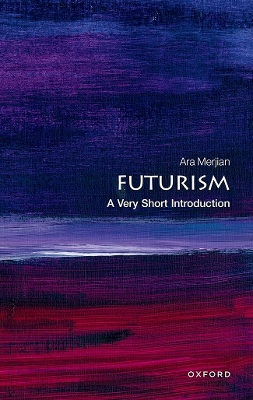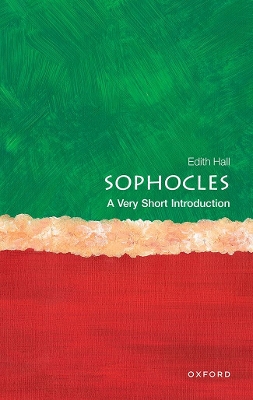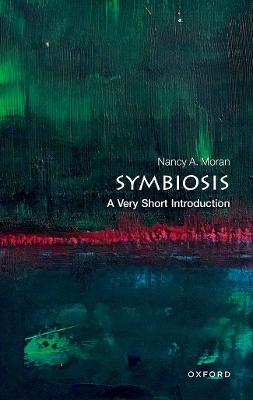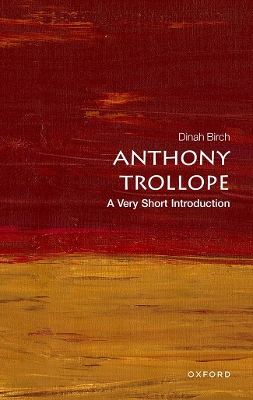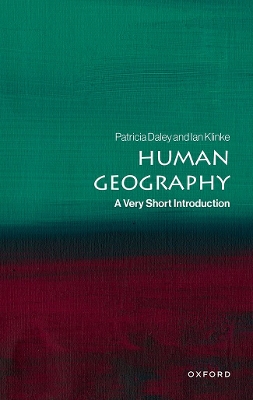Very Short Introductions
11 total works
Ritchie explains in this new edition. The 2020 election also produced a more diverse membership in terms of gender, ethnicity, religion, and ideology, with primary elections resulting in the defeat of moderate candidates by opponents ranging from socialists on the left to conspiracy theorists on the
right, making bipartisan compromise harder to achieve.
Among the most significant events since the last edition, the Senate ignored President Obama's last nomination to the Supreme Court and then adopted a "nuclear option" to streamline future Supreme Court confirmations. The House also twice impeached President Trump, processes that starkly expose the differences between the majority-rule requirements of the House and the super-majority requirements of the Senate. This new edition explains how the parties have changed in light of the unprecedented
politics of the past four years, culminating in the mob attack on the U.S. Capitol on January 6, 2021, and how this development has affected both the House and the Senate.
This Very Short Introduction shows how and why societies around the world have used juries, charting the spread of the twelve-person jury from England to the British colonies in America, Canada, India, Australia, New Zealand, and the Caribbean. In criminal cases, use of lay jurors stretched to nations in Europe, Latin America, and Asia as they aspired to democracy, greater popular participation in government, and legitimacy of the justice system. But in English-speaking countries, jury
trials are declining. Civil juries have been virtually abolished everywhere except the United States, and even there they are rare. Among other painful alternatives chosen by the accused, plea bargaining is now taking the place of criminal jury trials. In this book, Renee Lettow Lerner describes the benefits
and challenges of using juries, including jury nullification, and considers how innovations from non-English-speaking countries may hold the key to jurors' survival.
contemporary suburbs are losing their lustre or if a supposed back-to-the-city trend is a mirage-a debate that has been exacerbated by uncertainty over the effects of COVID-19.
Suburbs: A Very Short Introduction tackles two central questions: What is the history behind a suburbanizing world? What does the suburban trend mean for society, politics, and culture? Two chapters describe the ways that the new technologies of streetcars, trains, automobiles, and internet have allowed the compact cities of Britain and the United States to grow into sprawling metropolitan regions. The following chapters explore the vertical suburbs of Europe and East Asia, improvised
or do-it-yourself suburbs in both North America Latin America, and suburbs as places of employment. The book concludes by exploring criticism and praise of suburbs in popular sociology, fiction, film, and the Americanization of twenty-first century suburbs around the globe. The approach is rooted in history
and geography, draws on all the social sciences, and highlights the ways in which suburbs are central to the ways that we understand the present and imagine the future.
Symbiosis, the sustained and intimate associations between unrelated life forms, is now recognized as a ubiquitous phenomenon, one that has shaped evolution since the origin of life and that continues to affect all species. This overview of symbiosis starts with a quick history of relevant early discoveries and researchers, and considers why symbiosis was so long neglected as a respectable topic of biological research and why it was a controversial topic. Today, symbiosis is widely appreciated as being everywhere in nature and as a pervasive influence on ecological communities. One chapter explores the fundamental drivers that lead to symbiotic associations, using examples ranging from sap-feeding insects to marine flatworms to coniferous forests to illustrate the nature of services exchanged between symbiotic partners. Another considers the evolutionary stability of symbiotic partnerships, which can quickly decay in the face of symbiotic cheating.
Certain symbioses that have had an outsized impact on life on Earth, and on Earth itself, are given particular attention. A full chapter is devoted to the most consequential of all symbioses: the origin of the complex (eukaryotic) cell, and the origin of chloroplasts and green plants. Other triumphs of symbiosis described include the root-fungus associations that enabled plants to colonize land 450 million years ago, gut microbial communities that empower animals to utilize a wide range of foods including plant fiber wood and sap, and coral-algal symbioses that resulted in the rise of coral reefs.
Analyses of genomic DNA have been important in symbiosis research, and this Very Short Introduction describes these molecular approaches, explaining how they sparked discovery of previously unknown symbionts, including those in our own bodies. Molecular data also have enabled us to understand the roles of symbionts within hosts, and the ages of symbiont-host associations, which range from hundreds of millions of years to very recent.
ABOUT THE SERIES: The Very Short Introductions series from Oxford University Press contains hundreds of titles in almost every subject area. These pocket-sized books are the perfect way to get ahead in a new subject quickly. Our expert authors combine facts, analysis, perspective, new ideas, and enthusiasm to make interesting and challenging topics highly readable.
Geography, A Very Short Introduction by Patricia Daley and Ian Klinke explains how the subject can aid a better knowledge of the modern world. It examines the formation of power systems and the ways in which they have been constructed, subverted, and resisted over
time. This Very Short Introduction explores the topic through seven spaces that define the present: the colony, the pipeline, the border, the high rise, the workplace, the conservation area, and outer space. In addition, the authors take a critical view of the discipline and its history, but argue for its continuing vitality.ABOUT THE SERIES: The Very Short Introductions series from Oxford University Press contains hundreds of titles in almost every
subject area. These pocket-sized books are the perfect way to get ahead in a new subject quickly. Our expert authors combine facts, analysis, perspective, new ideas, and enthusiasm to make interesting and challenging topics
highly readable.
